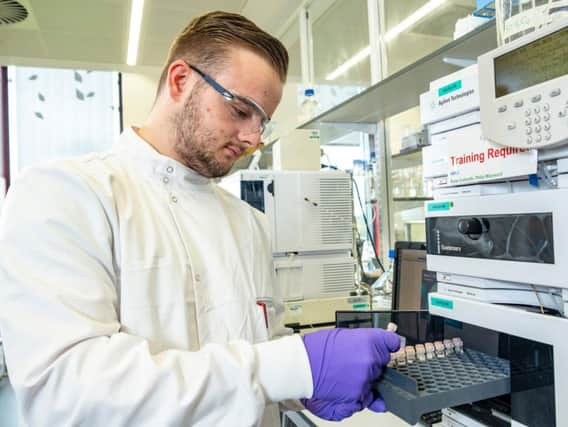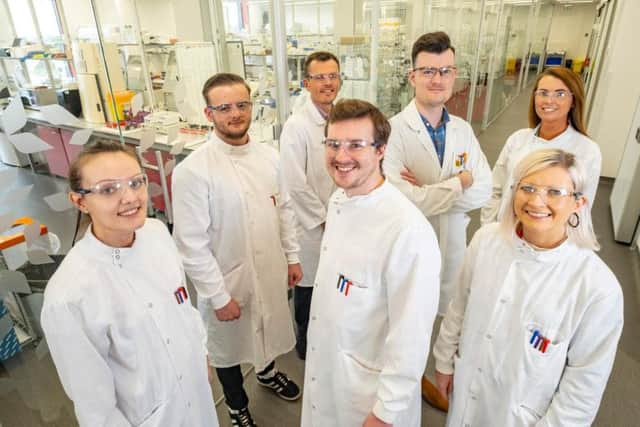Life sciences in Scotland to get skills boost from new workplace portal


An online tool set to launch today at The Scotsman Life Sciences Conference will aim to support businesses throughout the life sciences industry by helping employers to explore training and learning options for their current and future staff.
Industry insiders expect Scotland’s life sciences sector to attain an annual turnover of £8 billion within six years, making it one of the nation’s key growth areas.
The Workforce Development Portal is also seeking to support international groups, targeting companies looking to invest in Scotland as well as those currently based here.


It allows employers to view the range of learning options available, from apprenticeships through to degrees and upskilling, and was designed in partnership between employers, Skills Development Scotland (SDS), Scottish Enterprise, Highlands & Islands Enterprise and Scottish Development International.
The portal will be launched by trade minister Ivan McKee during a conference held at the Royal College of Physicians of Edinburgh.
“The Workforce Development Portal gives businesses up-to-date information, but in an accessible way. It has been designed by industry for industry – offering a real step-change in the support for the sector.”
Ronnie Palin, key sector manager, life sciences at Skills Development Scotland, added: “It’s projected that there will be 2,100 job openings in the sector by 2029 – and solutions to meeting the future skills needs of the sector must be industry-led. That’s why employers have been so closely involved in the design of this new resource. Therefore, the portal has a range of options, including searching by occupation, or location, as well as the function to compare course levels globally.
“Whether it is foreign investment, or for Scottish-based companies, we want to make sure employers are as informed as possible on the range of learning pathways.”
The portal is hosted by the Scottish Industry Directories platform, where users can also access the Life and Chemical Sciences Scottish Directory and the Scottish Health Research and Innovation Ecosystem.
Fraser Brown, head of chemistry at Ingenza, a synthetic biology company which spun out of University of Edinburgh, said the portal provides employers with “an invaluable source of information on Scotland’s skills landscape”.
He added: “Its flexible, in-depth and easy-to-use approach means that companies in the life and chemical sciences sector, both here and globally, can make informed choices on upskilling and reskilling the workforce in Scotland.”
